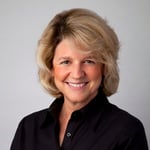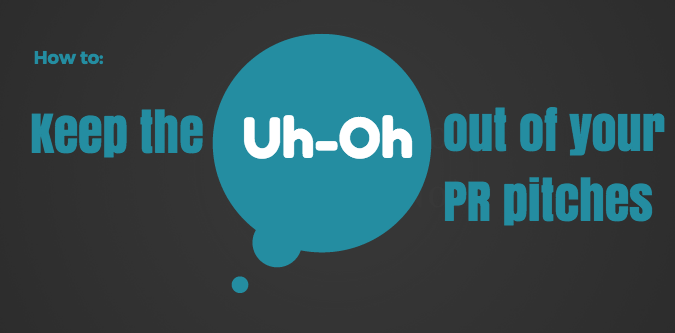TOP TALK
Successful Women (Man-Up and) Brand-Up

Posted By Sue Parente on March 13, 2015
Earlier this week, I attended the annual Women's Leadership Forum hosted by the AdClub of Boston. The event is a chance for women of all ages, but particularly for young professionals, to hear from members of "the sisterhood" about their secrets to success.
This year included a stunning array of speakers - both in terms of variety and content. They represented all manner of professions from fiction writing to politics to residential construction to songwriting and marketing. Each had a different, compelling, personal story to tell, but all shared a common theme – Be and do what you want. And by the way, if you aren't who you want to be and doing what you want to do, there's no one to blame but you.
I surmise the same argument could be applied to brands. Let's look at a few examples of women who successfully altered their own personal brands, and consequently their lives, for the better.
Lisa Genova is the Harvard-trained neuroscientist who wrote the best-selling novel Still Alice, a deeply moving story about a woman in her early 50s diagnosed with Alzheimer's disease. But if you'd told Lisa 12 years ago she would write a novel, let alone one that would become an Oscar-winning movie, she never would have believed you. She was a mom, a wife and former research scientist, which was her brand for the foreseeable future. Then, suddenly confronted with a divorce and raising a young child as a single parent, she was faced with a decision – did she go back to her old job and maintain what she knew as the safely-defined "her," or did she take this opportunity to imagine a different kind of future, a different identity for herself. Of course we now know she seized the latter, fulfilling a life-long dream to become a writer.
Here's how she boiled down her decision-making process: "What would I do if I didn't care what anyone else thought about me?" This is how she was able to sift out the negative voices in her head and stick to her own sense of what was right and worthwhile. What if brands did that? A few come to mind that seem to do that on a fairly regular basis and most are on Fortune's Most Admired Companies list.
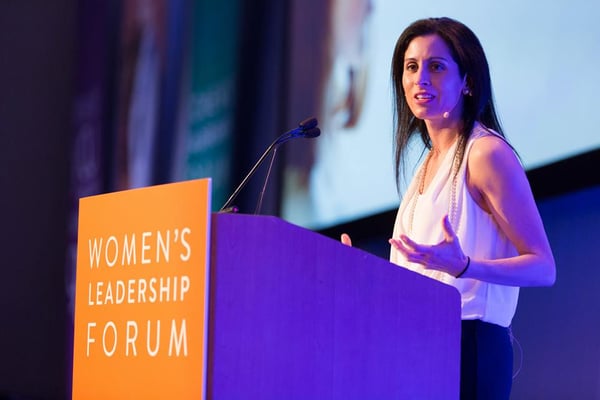
Cindy Stumpo is not a hairdresser (something she says she's often mistaken for), but rather a highly successful CEO of a real estate development and construction company that bears her name. At first I thought her role at the conference was to serve as the archetypal "woman making it in a man's world." While she is that, the far more interesting part about Cindy's story was the way she refused to let a severe anxiety disorder define or stop her. She described some days where panic would grip her two to three times a day, but she would work through these attacks and get back to work. Interestingly, it was this personal struggle that made Cindy's brand far less two dimensional and more likable. Result: It made me want to buy a home from her because she was so clearly committed to overcoming obstacles and wouldn't choose the easy way out.
Brand lesson here: it's the human element that makes the brand unique, memorable and convincing. Which leads me to the most arresting and moving speaker of the day.
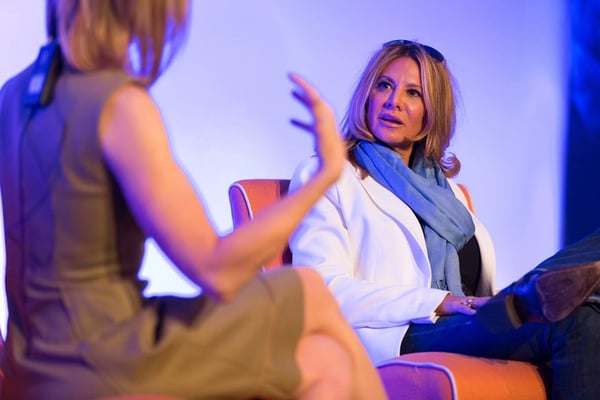
Chris Edwards is an award-winning creative director whose advertising career has spanned 20 years working at a major Boston agency on high profile accounts such as McDonald's. But at the conference, Chris didn't talk about what it takes to make it in advertising. Instead he walked us through the most remarkable brand transformation case study I'd ever heard – his own transgender transformation.
Once Chris had made the difficult decision to change genders, he realized he'd need to help those around him process, and ultimately accept, the new Chris; in other words, the kind of brand transformation effort he orchestrated for consumer brands everyday. So Chris decided to employ the same process he'd use for any client, only this time the client was himself. He started with an objective: to not let his transgender journey define him; a message: I'm just like anyone else with a physical challenge; a communications strategy: word of mouth driven by trusted communicators; and success criteria: minimal drama and disruption at work. The campaign took time, but the support and acceptance he received from his family, friends and co-workers exceeded his expectations. Today, Chris is just Chris – no qualifier necessary, and he's living the life he'd always wanted.
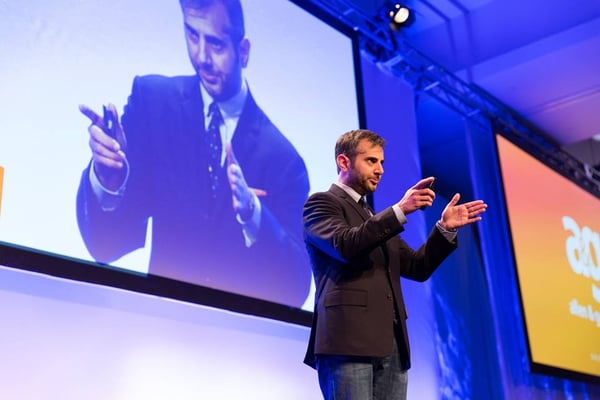
These and several other speakers at the Women's Leadership Forum all stood out and commanded our attention for having the courage to be and do what they want. They dare to do the things they think are right and that make them happy, and that's what makes them leaders.
Image Credits:
- Lisa Genova Image: The Ad Club
- Cindy Stumpo Image: The Ad Club
- Chris Edwards Image: The Ad Club

